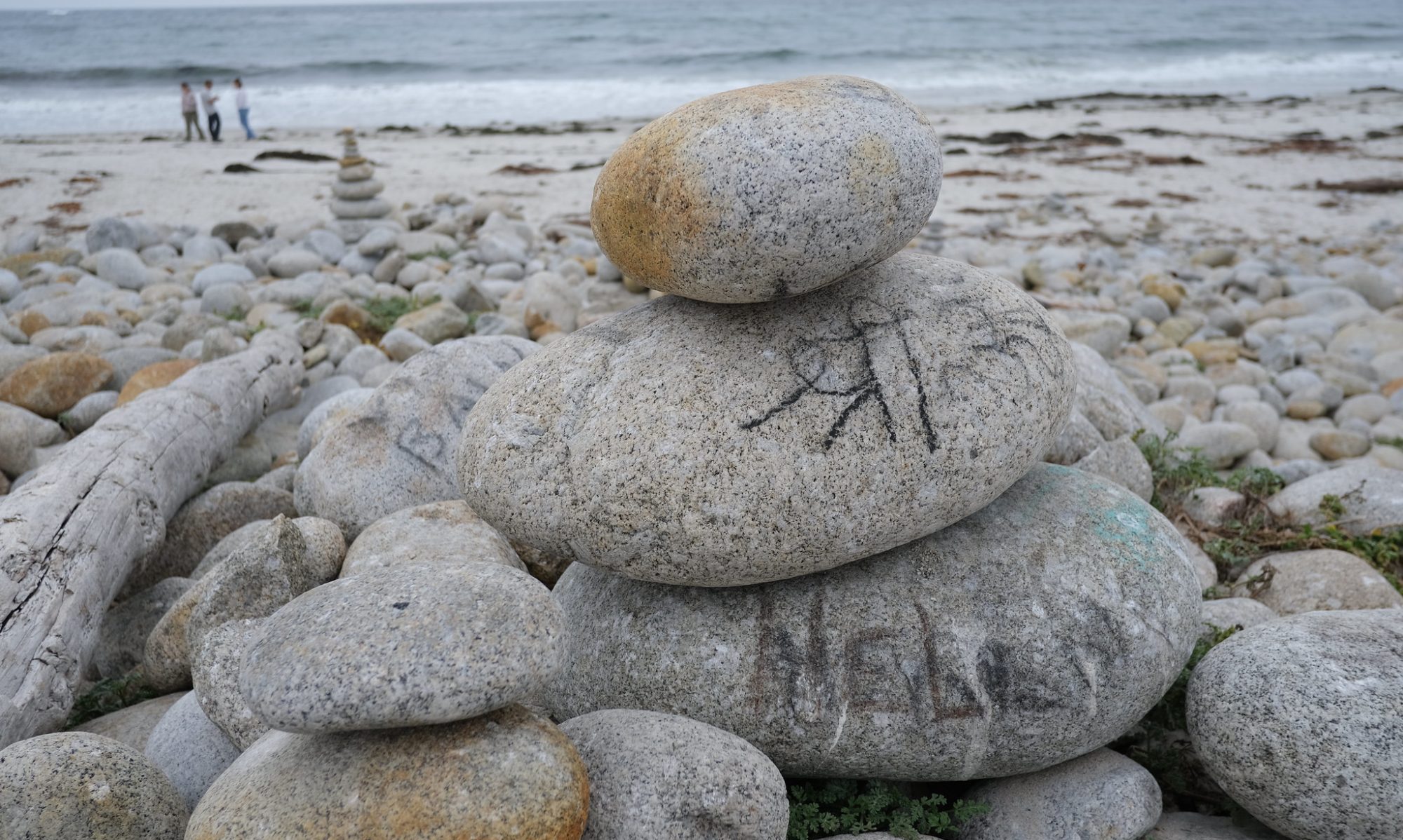This article originally appeared on Geek Feminism.
Another one bubbling up from our linkspamming hive mind: criticism of “Mary Sue” policing.
Mary Sue
is a fandom term for a character who is judged to be authorial self-insert and wish fulfilment, prototypically a prominent original character in fan fiction but sometimes identified in non-fanfic. She is often derided as close to guaranteed to detract from a work. It’s a well-known enough term to be on Wikipedia as well as on TVTropes. Mary Sue policing is very old and can be very knee-jerk: you appear to have an original female character with some desirable traits! Mary Sue! Next fic please! There are snark communities dedicated to seeking out fanfic with Mary Sues and checking off their alleged Mary-Sue-ish traits.
Criticism of it is also widespread, as being essentially a tendency to mock women for having wishes to fulfil, or thinking that their own stories are worth telling.
Here’s a couple of recent critiques, first from boosette:
PPC [Protectors of the Plot Continuum] goes around bullying tweens, teens, young women and yes: older women, too — for daring to write fanfiction not up to their (dubious) standards. For writing original female characters, minor canon characters and major canon characters in a manner that is empowering to them.
For writing Tenth Walkers, for writing fourth members of the Harry Potter trio, for making Christine Chapel an Olympic-level figure skater before she entered nursing. For empowering themselves through their writing.
I actually flat-out cannot identify with plain people who have led simple lives and done nothing extraordinary. It’s not that I want to experience an exciting life through my fiction — though, yes, I do — but that my own life has not been plain or simple. If I were to write an autobiography, I’d be accused of being a Mary Sue, which what the hell. I am an actual person. Most of the people I know have led strange and interesting lives.
But even with that: so what? What the hell harm does it do for someone to write their ridiculous self-avatar? What good does policing fantasies — and particularly, these fantasies — do? All it does is create shame over the desire to, what, to be special? To be considered truly remarkable, to be loved?
What do you think? Is there an equivalent in your geekdom, where the stories of women are either marginalised or determined to be objectively poorer quality? Is it possible to avoid this sort of creep, where a term of critique becomes a way to reflexively dismiss the work of people just starting out, or not obeying the rules?
